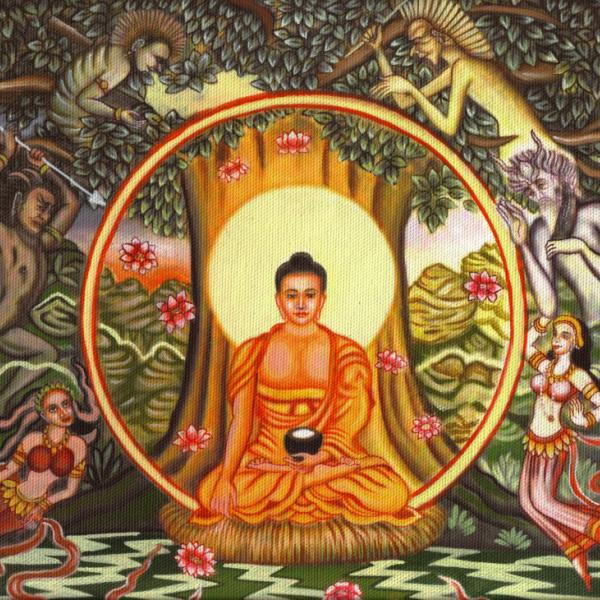Literature and Religion
Religion can be thought of as a set of institutions, a set of ideas and beliefs, or a lived practice (including the rituals, behaviors, and day-to-day life of individuals and communities)—all of which have complex relations with each other, and all of which are affected by and in turn affect literature (not least in the interpretations of scriptures). As a critical approach, literature and religion asks how these impulses compete, coordinate, or otherwise inform one another and other practices and traditions. At Washington University, scholars specialize in medieval culture and blasphemy; literatures of sin and confession; early modern drama and English religious life; early American religious culture and its impact on literary traditions; political theology and theory; narratives of secularization and the cultures of religion that challenge secularity; and, finally, the emerging relations among religion, philosophy and psychology in the nineteenth and twentieth centuries. Beyond these multiple specialties, we are aided by close interactions with Religious Studies and the John C. Danforth Center on Religion and Politics. Necessarily interdisciplinary, literature and religion at Washington University takes seriously the study of belief and disbelief, studying how each emerges from and shapes literary, political, and philosophical traditions.
Faculty Experts

